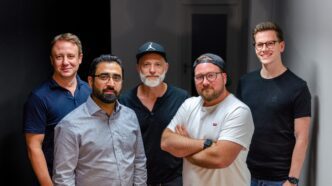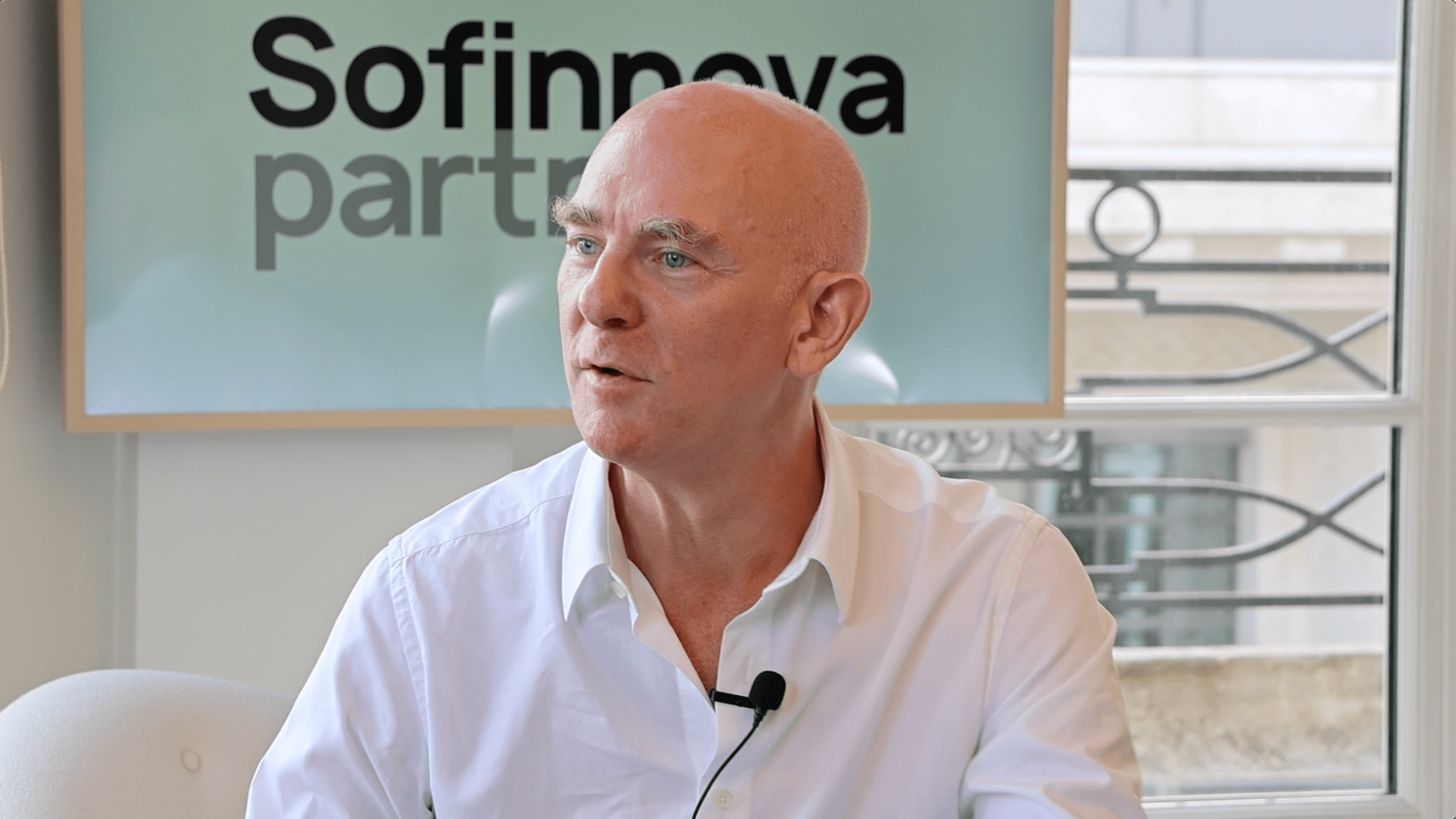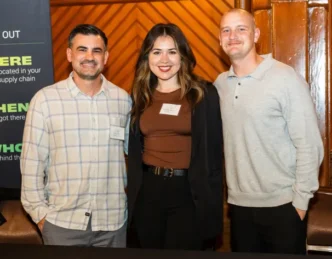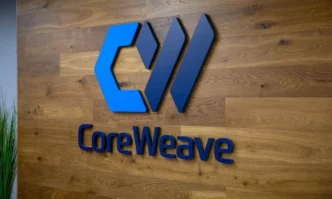Battery life and performance remain some of the biggest hurdles to widespread electric vehicle (EV) adoption. Traditional lithium-ion batteries typically last just 300 to 500 charge cycles — roughly five years — before losing capacity. Even the best commercial batteries max out around eight years of service life.
But Munich-based startup PULSETRAIN is tackling that problem head-on. By leveraging AI-driven pulse-loading technology, the company aims to extend battery lifespan, boost performance, and make EVs more sustainable.
The startup just raised €6.1 million in seed funding to fuel its mission. The round was led by Vsquared Ventures and Planet A, with participation from Climate Club. PULSETRAIN plans to use the capital to accelerate product development as it scales up and moves toward industrial production.
Founded in 2022 by Leopold König, Thomas Plaschko, and Niclas Lehnert, PULSETRAIN — formerly Bavertis — brings together decades of battery industry experience.
“We saw an opportunity to create technology that makes EVs safer, longer-lasting, and globally competitive,” co-founder Niclas Lehnert told TFN.
The startup rebranded to PULSETRAIN in September 2024, reflecting its core focus. Using smart pulse-loading to optimize battery cells and extend their lifespan. The name also speaks to their broader vision — delivering a complete powertrain solution. Which combines battery management, inverters, and charging systems.
The company’s integrated system — combining a Battery Management System (BMS), inverter, and charging electronics — is designed to extend battery life by up to 80% while enabling faster charging and efficient battery reuse.
While most systems manage batteries and powertrains as separate components, PULSETRAIN takes a holistic approach. At the heart of their solution is a multilevel inverter that integrates directly into the battery housing, controlled by AI-powered software.
This design not only improves efficiency but also eliminates several traditional components, reducing weight and material usage. The result is a more sustainable system that lowers costs and boosts vehicle performance.
“Our technology unites electrical engineering, chemistry, and software into a new, more powerful architecture for e-mobility,” co-founder Thomas Plaschko explained. “We help manufacturers build lighter, more efficient, and cost-optimized vehicles tailored to their specific needs — that’s what sets us apart.”
PULSETRAIN is also building an AI-based real-time data platform for smart fleet management, intelligent charging, and future bidirectional energy flows between EVs and the grid.
Already, PULSETRAIN is positioning itself as a leader in multilevel inverter (MLT) systems, outpacing major players like Hyundai, Porsche, and Stellantis.
While many competitors remain in early development or struggle with limited resources, PULSETRAIN has already demonstrated its tech in real-world applications — including the world’s first MLT-ready ASIC and a working demo car.
“Our goal is to bring the product to market first for industrial and non-road vehicles,” Lehnert shared. “The next step will be automotive applications.
Investors see massive potential in PULSETRAIN’s approach, especially as Europe doubles down on clean industrial growth.
Patrick Tucci, Principal at Vsquared Ventures, believes the startup’s innovation is exactly what Europe’s auto sector needs:
“PULSETRAIN delivers the disruptive tech Western automakers need to stay competitive globally. Their system rethinks battery design and production at the perfect time.”
Nick de la Forge, General Partner at Planet A, agrees:
“Battery performance is the biggest barrier to mass EV adoption. PULSETRAIN solves this while improving resource efficiency — putting them right at the center of Europe’s clean industrial agenda.”
With funding secured and technology proven, PULSETRAIN is gearing up to transform battery performance and make EVs longer-lasting, cheaper, and greener.
As demand for sustainable powertrains grows across automotive, aviation, agriculture, and shipping, PULSETRAIN’s AI-driven solution could be the key to breaking through the EV adoption barrier — and driving Europe’s next wave of clean industrial innovation.










